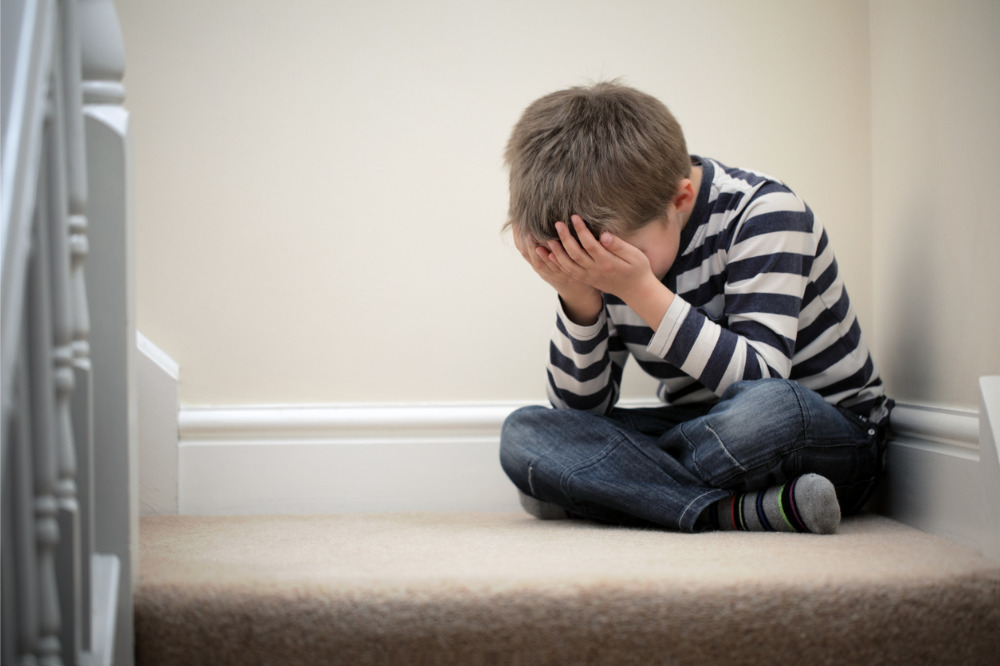
Approximately three in every four children identified with a severe mental health disorder are missing out on access to child mental health specialists, the Royal Australian and New Zealand College of Psychiatrists estimates.
The Royal Australian and New Zealand College of Psychiatrists (RANZCP) Faculty of Child and Adolescent Psychiatry (FCAP) Committee Chair, Prof Valsa Eapen, said it is crucial the Federal Government work with mental health experts to ensure the gaps in funding, availability and access to professional mental health services for children and their families are addressed immediately.
“We estimate that of the 80,000 children with a severe mental health disorder, just 22,000 of them are currently being seen by a psychiatrist,” Prof Valsa Eapen said.
“Too many children in need of professional mental health support are missing out and that includes preschool children and parents or care givers supporting them. The pandemic has made an already bad situation worse and our children can’t wait. The time is right now to act.”
Prof Valsa Eapen said the Federal Government’s National Early Years Strategy and Summit provides an opportunity to ensure a coherent roadmap with an actionable implementation plan is developed to support children in the first five years of life.
“Most adult mental health problems have their origins in childhood and adolescence, with children affected by parental mental illness being at particularly high risk. Early psychiatric intervention is crucial for vulnerable children.
“The evidence around the importance of the first 2000 days of a child’s life is clear. We need a national plan in place that is responsive, integrated, sustainable and equitable to ensure we’re supporting kids in the first five years of life to be safe, healthy and ready to thrive.
Prof Valsa Eapen said that in addition to a cohesive plan, there needs to be an increase in mental health funding to support kids and their families in need.
“Funding for mental health services needs to be increased to at least 14 per cent of total health expenditure, and at least 15 per cent of that funding needs to be directed to child and adolescent mental health services, particularly 0-5 years, so that we’re reaching our children when they need us most.”
This article originally appeared as a media release from the Faculty of Child and Adolescent Psychiatry (FCAP) Committee.


